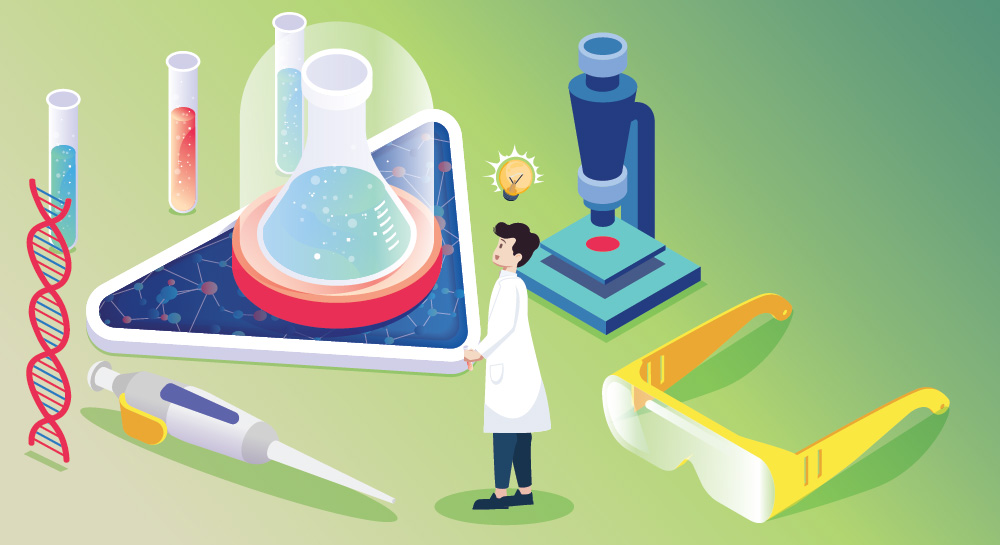PROGRAMMES

Secondary Science (Lower Sec)
Mind Stretcher Secondary Science (Lower Sec) programme, exposes students to all the key examinable components of Physics, Chemistry and Biology using the CREED approach:
- Conceptualise
- Relate
- Elaborate
- Evaluate
- Driven Learner
The programme is infused with various elements such as peer discussion, demonstrations and hands-on activities. Our systematically, scaffolded curriculum helps students make connections to relevant science concepts in daily life. Students will be active participants in the process and develop critical and conceptual thinking skills. Besides enabling students to effectively tackle their school examinations, this programme will help them develop a deeper appreciation for scientific principles and the absolutely critical role that Science plays in their lives.
The Secondary Science programme will be conducted based on the following:
- Inquiry-based Teaching and Learning Framework
- MS framework is aligned with syllabus
- Students are encouraged by asking questions, they will be participating in active learning to participate in cooperative learning and discussion
- Students will also participate in hands-on activities and out the knowledge in practice
- Skills-based Techniques to Answer Questions
- Exposure to examination-style practice papers to build students’skills and confidence in answering MCQ and structured questions to tackle school examinations
- Teachers guide students with ups and teach helpful answering techniques for students to apply the skills and communicate clearly in Science papers
- 3-level Bridging Process
- MS Secondary Science (Lower Secondary) syllabus is continuity of the Primary Science syllabus
- This is done to bridge gaps in concepts and answering techniques between science learnt at the 3 levels: Primary, Secondary, Upper Secondary
- With the gaps covered, this will build on the students’ prior knowledge and foundation acquired during primary science
- These components are carefully designed to link concepts learnt in Sec 1 and 2 to thought learnt at Upper Sec levels
To provide a wholesome learning for students, and ensure that the teaching focuses on the what (content) and how (process) of conceptual understanding the following are the teaching methodology that is used:
- Lesson Notes
- Covers learning objectives, key concepts, real-life examples and videos for clearer understanding for the students
- Questions are posted to students for reflection and peer discussion
- Practicals/Teacher Demo
- Hands-on activities will be used to apply/reinforce concepts to make discoveries and build experimental skills
- The use of questioning is done to engage students
- Concept Papers
- This will be given to students to create their own mind maps with the help of keywords or answering simple questions to recall important concepts
- Reinforces keywords and concepts and improves retention of science concepts
- It also helps students to organise concepts and make relevant links
- Practice Papers
- These papers are of varying levels to provide higher-order thinking questions to stretch students’ abilities and at the same time test the students’ understanding
- It is also seen as a form of assessment that usually covers more than 1 topic
- This will be done individually by teach of the students and guidance can be given if needed
- This will help students build better answering techniques, identify areas of strengths, weaknesses and clarify misconceptions through feedback and evaluation
- Semesteral Assessments (SA)
- Time will be set aside for revision and semestral assessments. There will be 2 SAs per academic year
- This will be conducted under simulated exam conditions
With the various teaching methods that Mind Stretcher Secondary Science programme uses, students will be engaged in active learning and be motivated and curious to ask questions and make sense of Science around them. Through this, students will build on their conceptual and critical thinking skills that is necessary to do well in Science and instil a love for learning Science.




